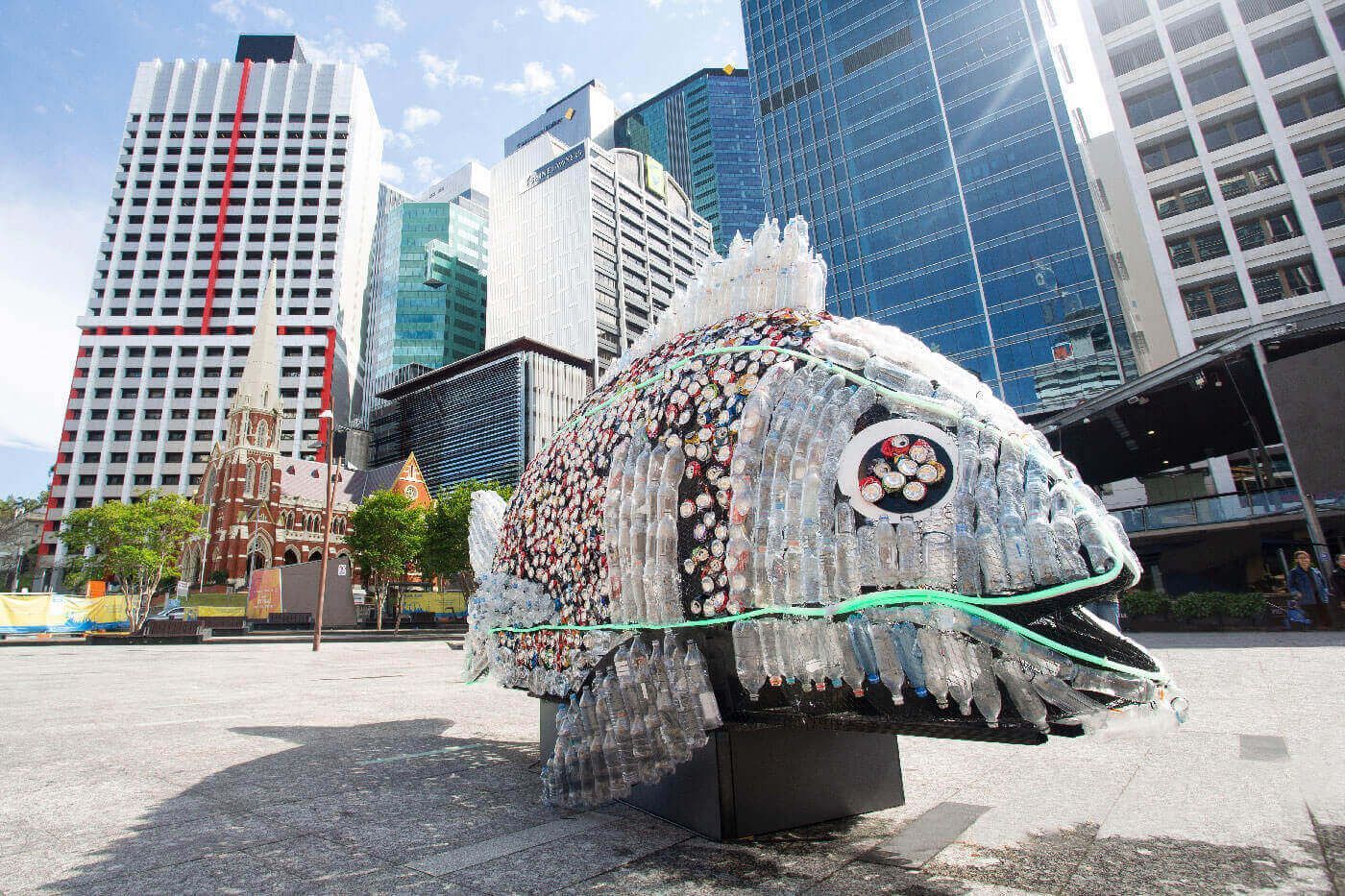The Problems Working With An External Recruitment Agency
For more than 20 years, it's been my full-time focus to support organisations to find, attract and engage top talent.
When I think about all of the recruitment stories I’ve heard during this time (good, bad and downright ugly), the one thing that really stands out is that the quality of a recruitment process and the results can vary greatly.
Some stories are shining examples of best practice recruitment, making me proud of my industry. Others are cringe-worthy stories of poorly managed processes, terrible client service and even worse candidate experience.
To help you get on the front foot when it comes to building an effective and successful recruitment partnership, this article unpacks 5 of the most common complaints about working with a recruitment agency.
Why should you partner with a recruitment agency?
Effective recruitment is a robust and time-intensive process.
Gone are the days of posting an ad, receiving applications and making a quick decision. Without internal resources to manage the recruitment process, asking hiring managers to be responsible for an entire recruitment process is rarely a wise choice because of the time and productivity cost to them.
Time is money - and partnering with a recruiter will save you a significant amount of time.
It’s a recruiter’s ‘day job’ to analyse job requirements; recommend how to position each role to the talent market; identify potential talent; assess a large pool of candidates; conduct evaluation interviews and assist you in designing an effective, selection process.
Beyond job boards and careers pages, a recruiter can reach an extensive network of talent through proactive searching and sourcing, technology-enabled search and tapping into specialist communities and interest groups. Hear me clearly when I say, most recruiters are not just sitting at their desks processing job add responses, they are trawling through vast amounts of data to find non-active candidates, making polite advances and bringing the best talent to market – as well as processing job advertisement responses.
Because most recruiters have a specialist area/s they recruit for, they’ll have access to industry networks and will know where to source this talent.
5 common complaints about working with a recruitment agency
1. Cost
Permanent recruitment fees range from 16 to 25% of the candidates’ total salary package. For some businesses, the cost of an end-to-end recruitment service can be a barrier.
What you may not realise is partnering with a recruitment agency in this traditional model does come with a financial safety net (which you don’t get when you choose to DIY your recruitment).
This safety net is called a recruitment guarantee. It’s a little like a warranty - if your new employee leaves the organisation under stated conditions and within a predefined time frame, your recruitment agency will find a suitable replacement for you, possibly without additional cost.
You can read more about the recruitment guarantee in this article.
Recruiters also spend a lot of time evaluating a tonne of candidates, before they bring you their final recommendations. Take my teams for instance. On average we review 120 candidates for every recruitment process we run. When we bring you our “shortlist” you are seeing the tip of the iceberg (the results of our work).
Before we bring you that shortlist, we invest a tonne of time and labour evaluating a mass of talent (the part of the iceberg that sits below the waterline). We recover part of that time and labour cost in our fees.
2. Lack of quality candidates
A shortage (or absence) of suitable candidates can be frustrating, especially if you’re working with a recruitment partner and have been waiting for them to provide you with a shortlist.
There are a wide range of reasons which could be behind the lack of candidates.
- Over reliance on job boards. Proactive, strategic sourcing (ie engaging with passive candidates) is a critical part of an effective recruitment process. If you’re facing a lack of quality candidates, getting proactive with the search process (i.e. beyond applications) is critical.
- Poor job description. Many job descriptions are outdated and bland. Strive to develop a job description that informs, intrigues and inspires action ie applications!
- How strong is your employer brand? Your reputation as an employer and the experience your offer to employees can have an impact on your ability to attract top talent.
- Can you articulate your employee value proposition (EVP)? A considered, honest and well-articulated EVP can set you apart from your competitors and help attract top talent. What ‘matters’ to each applicant is quite unique, so it’s important to communicate your EVP through the recruitment process and allow candidates to determine if there is an alignment.
3. Lack of communication
Communication is both one of the most important things to get right - and the biggest bugbear among hiring managers and leaders who’ve had problems working with a recruiter.
Unreturned phone calls, slow response times, over promising and under delivering - the list goes on.
You should expect a quality recruitment partner to update you every 48 hours during the recruitment process and be honest and transparent, always.

4. Lack of true understanding
Unfortunately, there can sometimes be a situation when your recruiter simply doesn’t understand the requirements of the role at a deep enough level to do a great job for you.
This can usually be avoided by working with specialist recruiters who have a lot of experience working on similar roles to the one you have vacant.
Good recruitment is much more than a keyword matching exercise, so if your recruiter doesn’t understand the role and skills required, there’s a good chance you won’t receive suitable candidates. Expect your recruiter to ask lots of questions at the beginning of the process.
5. Poor process
Effective recruitment is a comprehensive, robust process.
If you’re wondering what a ‘good’ recruitment process looks like, we outline the key stages in the article What does permanent recruitment cost and what am I paying for?
Some indicators of a poor process include:
- Critical information was missed in the initial briefing and/or needs analysis stage
- Recruitment marketing requirements haven’t been considered.
- Candidate experience, communication and experience is lacking.
For every not-so-great story about a recruitment process going wrong, there are at least 10 stories of satisfied hiring managers and organisations thriving as a result of good hiring decisions.
While there is no ‘one size fits all’ approach to effective recruitment, I hope this overview of common complaints and how to avoid them sets you off on the right path.








